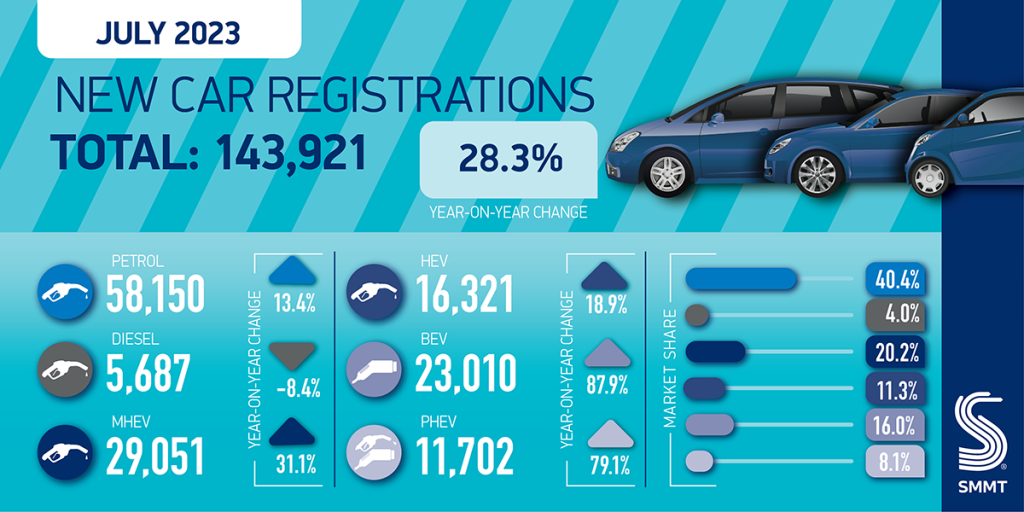Exercising the right to purchase ‘unsatisfactory’ assets
does not reset the clock on limitation periods, explains Laura
Shingler.
 Lenders facing claims that goods supplied under a hire
Lenders facing claims that goods supplied under a hire
purchase agreement are not of satisfactory quality and/or fit for
purpose will be relieved by a recent case which finds exercising
the option to purchase the asset does not reset the clock on the
limitation period.
In the county court case Naresh
Bhatia and Coronation Black Cabs Limited v Black Horse Finance
Limited (2011) it was held that the limitation period for the
statutory implied terms as to quality and fitness for purpose runs
from the date of the agreement and not the later date of the option
to purchase.
The HP agreement, which financed
Bhatia’s taxi purchase, was dated 21 January 2005. All monies due
under the agreement had been paid and in January 2006, Mr Bhatia
exercised the option to purchase the vehicle.
On 30 May 2006, the taxi was
destroyed by fire. On 30 March 2011, more than six years after the
date of the agreement, Bhatia claimed that there was a breach of
the terms implied under the Supply of Goods (Implied Terms) Act
1973.
How well do you really know your competitors?
Access the most comprehensive Company Profiles on the market, powered by GlobalData. Save hours of research. Gain competitive edge.

Thank you!
Your download email will arrive shortly
Not ready to buy yet? Download a free sample
We are confident about the unique quality of our Company Profiles. However, we want you to make the most beneficial decision for your business, so we offer a free sample that you can download by submitting the below form
By GlobalDataThe finance company submitted that
the six-year limitation period in relation to the implied terms ran
from the start of the agreement in January 2005 and had, therefore,
expired.
Bhatia argued there was a separate
sale agreement in January 2006 when the option to purchase was
exercised and, accordingly, the claim was made in time.
The judge stated that “the essence
of [a hire-purchase] transaction is (i) a bailment of goods by the
owner to the hirer, and (ii) an agreement by which the hirer has
the option to return or purchase the goods at some time or
another”. The option to purchase was, therefore, a term of the
agreement and not a different agreement.
Accordingly, the judge held that
the implied terms must become operative from the date of the
agreement, January 2005, and would not come into play twice. So the
claim for breach of the implied terms was statute barred.
This decision confirms that the
limitation period for these statutory implied terms starts running
from the date of the agreement and not from the date of the option
to purchase.
Lenders can rest assured that this
means there can be no second bite of the cherry when an option to
purchase has been exercised.
The author is a solicitor at
DWF







